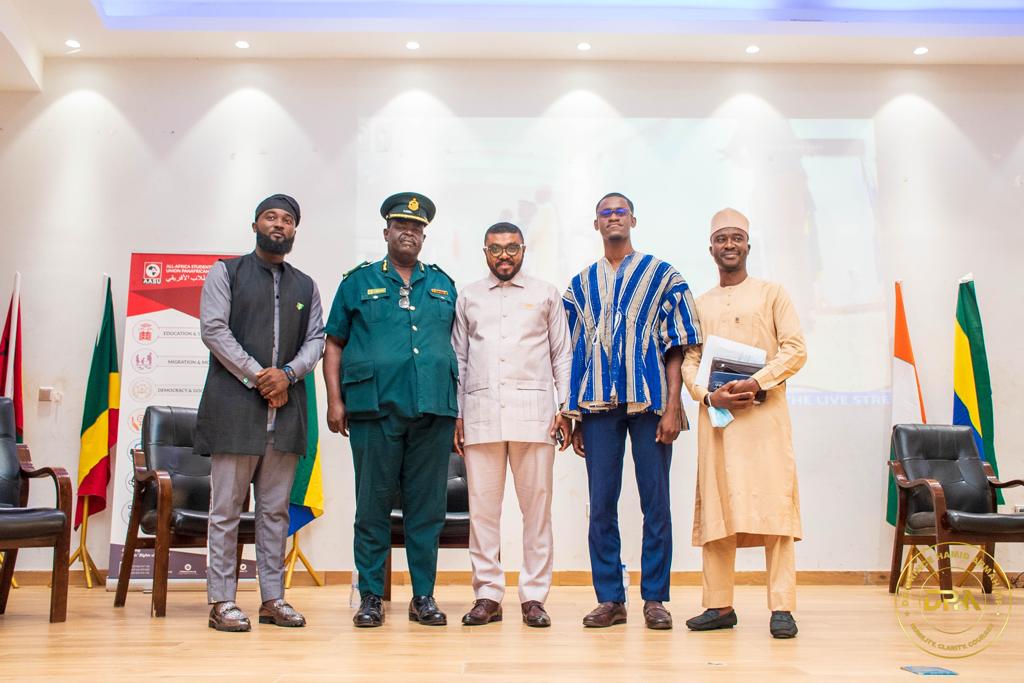Ghana’s education system, which has undergone several substantial reforms over the past 60 years, has also come under scrutiny on issues concerning student performance and other related matters.
While some of these issues are handled by the government through the Ministry of Education, a renowned Ghanaian educationist has identified what, in his expert opinion, is one of the biggest flaws in the education system.
In the words of Anis Haffar, the major weakness that has plagued Ghana’s education system over the years is the lack of teacher preparation, which has not been given adequate attention as it should be.
According to him, the preparation of teachers that best reflects the training and processes that instructors go through before meeting their student has been underestimated.
“I would say teacher preparation…” he said addressing what he thinks is the biggest flaw in the Ghanaian education system, in an exclusive interview with GhanaWeb.
Adding that, “How do you prepare teachers to do a better job than what they are doing now… you can go to any school and you pick any kid at random and ask this week what you are going to study chemistry or mathematics. They have to be able to tell you…”
In an attempt to offer a solution according to his expertise in the field of teacher education, he explained that teachers should be able to evolve at a pace where no student is left behind in the learning process while adopting the highest forms of pedagogical practices in the classroom.
“So now what we need to do… is we need the lesson plan for the whole term, detailing exactly what is going to be expected from week to week depending on the schedule. And they should be posted on a bulletin board in each classroom so that students have access to them, as some students are power learners. If they know what they are going to do in the week, they can go ahead and prepare for it enough…”, he argued.
Mr. Haffar added: “This is how we need to prepare our teachers for the future; that we have to consider every learner. Some are slow, but they won’t be forever. These are the challenges that I think the school of education needs to be aware of…”



